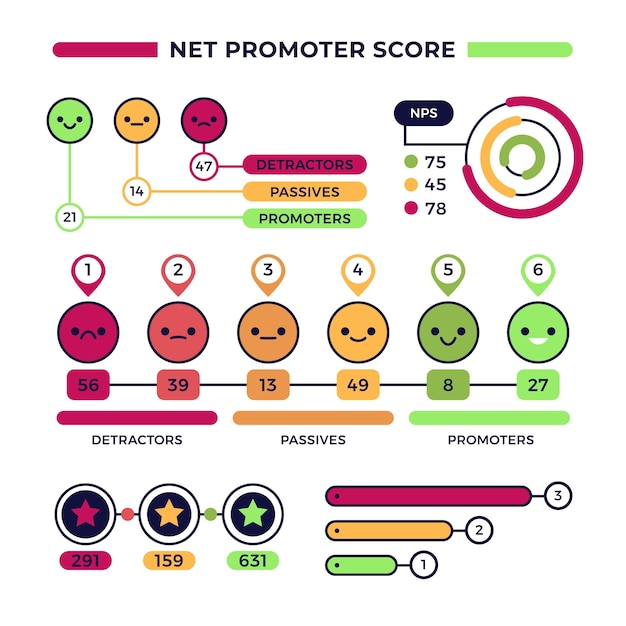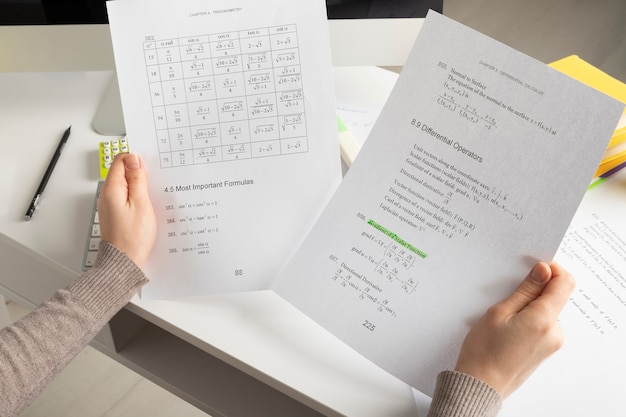
The past simple tense is used to describe actions or events that occurred and were completed in the past. In English, regular verbs follow a simple rule for forming the past simple tense by adding “-ed” to the base form of the verb. However, there are many irregular verbs that do not follow this rule and have unique forms in the past simple tense.
Irregular verbs have different patterns for forming the past simple tense. Some irregular verbs change their vowel sound, some have a completely different form, while others remain the same in both the base form and the past simple tense. Learning the irregular verb forms is essential for accurate communication in English.
Irregular Verb Forms in Past Simple Tense
Here is a table that shows some common irregular verbs and their past simple tense forms:
| Base Form | Past Simple Tense |
|---|---|
| go | went |
| have | had |
| do | did |
| say | said |
| make | made |
| give | gave |
| take | took |
| see | saw |
| eat | ate |
| drink | drank |
As you can see from the table, irregular verbs have unique forms in the past simple tense. It is important to memorize these forms to use them correctly in sentences.
Here are a few example sentences using irregular verbs in the past simple tense:
- I went to the park yesterday.
- She had a delicious dinner last night.
- He did his homework after school.
- They said goodbye and left.
- We made a cake for her birthday.
Remember that the past simple tense is used to talk about completed actions or events in the past. It is commonly used when narrating stories or talking about past experiences.
Learning the irregular verb forms in the past simple tense can be challenging, but with practice and exposure to the English language, it becomes easier to use them correctly. Regularly reviewing and using irregular verbs in sentences will help you master the past simple tense and improve your overall English fluency.
Keep practicing and don’t be afraid to make mistakes. Learning a new language takes time, but it is a rewarding journey that opens up opportunities for communication and understanding.





